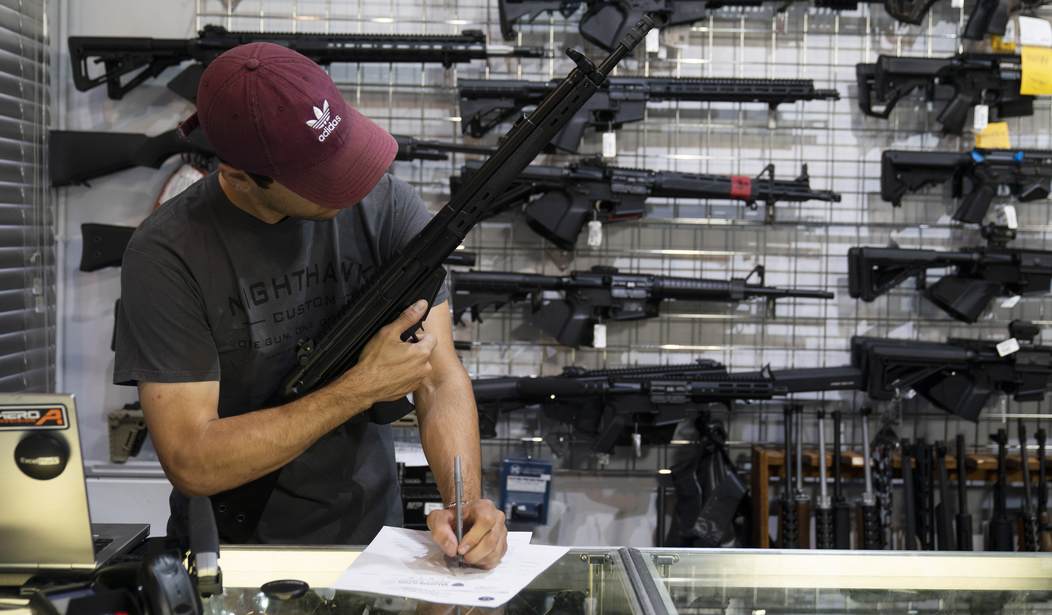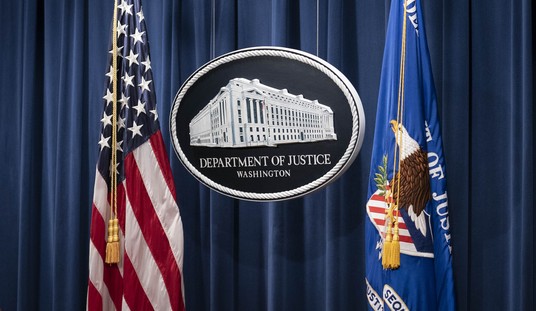The right to keep and bear arms is a specifically protected, individual right. In somewhat recent years, the courts have acknowledged the individual nature of it, even if some politicians don't like it.
And as the debate drones on, some haven't been paying attention to it.
Now, there's nothing wrong with that. Any debate like gun rights is one with a lot of discussion and nuance. People who largely pay attention to politics on a broader scope sometimes focus a bit more on other issues. It's not unusual.
But when someone jumps into the debate, up to and including using a headline like accusing us of "worshipping" guns, they should probably have done their homework.
I was a little bothered this morning seeing a piece at Bari Weiss's The Free Press that did just that.
To be sure, no workable gun law would have prevented Kirk’s assassination. His alleged killer showed no signs of mental instability; the gun he used was a bolt-action rifle, owned by millions of Americans; and he was old enough to simply walk in a store and buy it. But as someone who has been writing about gun violence since Newtown, I believe there are plenty of ideas to reduce gun deaths without infringing on the Second Amendment right of gun owners.
The first step is that gun owners need to stop assuming that every legislative effort to reduce gun violence is either an attack on the Second Amendment or the first step toward some kind of total gun ban. Even most activists acknowledge now that Americans have a legitimate right to own a gun, especially after the Supreme Court, in 2008, ruled that the Second Amendment gave Americans the right to possess firearms for “lawful, historically established situations.” With the court even more conservative today than it was 17 years ago—and with some 500 million guns (nearly two per adult) in circulation—it’s ridiculous to even think about banning guns the way Australia did after a gun massacre in 1996.
I find it funny how we're always the ones expected to make the first step.
The anti-gun side never has to give up a damn thing. It's always us that's expected to budge.
The author, Joe Nocera, laments us looking at each gun law as part of a slippery slope toward a total gun ban, but let's also look at the history of gun control in this country. My friend LawDog coined the cake metaphor that perfectly sums up where we were and where we are right now. We want our cake back. We're not going to give up more just because some ponce thinks we should.
And let's look at his "suggestions."
But c’mon: Is banning bump stocks—which turn semiautomatic weapons into true machine guns—a violation of the Second Amendment? Although the Supreme Court ruled against an administrative ban by the Bureau of Alcohol, Tobacco, Firearms and Explosives (ATF), Justice Samuel Alito also said that Congress could pass a law banning them—and state laws banning them remain on the books. Is mandating background checks or waiting periods a violation of the Second Amendment? Hardly. Is writing laws that enforce the safe storage of a gun, to keep them out of the hands of children, a violation of the Second Amendment? Of course not.
Nocera is either uninformed on the topic or he's just a moron.
A bump stock doesn't turn anything into a "true machine gun." In fact, that's why the Supreme Court ruled against the ban, because it doesn't meet the legal definition of a machine gun. It's not a true machine gun. It's just a tool that helps facilitate something all semi-automatic rifles can do, and can do so without a bump stock.
Are universal background checks and waiting periods a violation of the Second Amendment? Absolutely. A right delayed is a right denied, for one thing. Then we have the whole "shall not be infringed" thing that keeps being overlooked by wankers like Nocera.
Mandating storage sounds like "safe storage" to those who don't actually pay attention to self-defense issues, but requiring guns to be under lock and key makes them far less accessible, rendering them useless for self-defense, the primary reason many people get them.
"But it doesn't deprive people of owning guns," the author goes on to argue.
It doesn't matter if it does or doesn't. All it has to do is make it so hard to own a gun, or so difficult to navigate the gun laws on the books--all sold to the public as necessary measures for public safety--that they simply don't bother.
These are attacks on our right to keep and bear arms, as are the attacks on so-called assault weapons and "ghost guns."
And, as LawDog's cake metaphor shows us clearly, it started with some simple measures that the pro-gun crowd accepted. Time and time again, we were "reasonable" and let it happen, and the anti-gun side kept coming for more. And more. And more.
Each and every time, they've offered literally nothing to us in exchange except to take a little less than they did.
Look at the states where they've gotten all of these measures. There are many.
Did the gun control groups in the state go into a holding pattern, just trying to keep their wins intact, but otherwise showing respect for the right to keep and bear arms? Nope. They came back the next year with a new legislative agenda that includes still more gun control.
The slippery slope fallacy isn't a fallacy when there's actually a slippery slope.
To ignore this, to pretend it doesn't exist, means you either are willfully ignoring it or you're just too stupid on the subject to recognize it for what it is.








